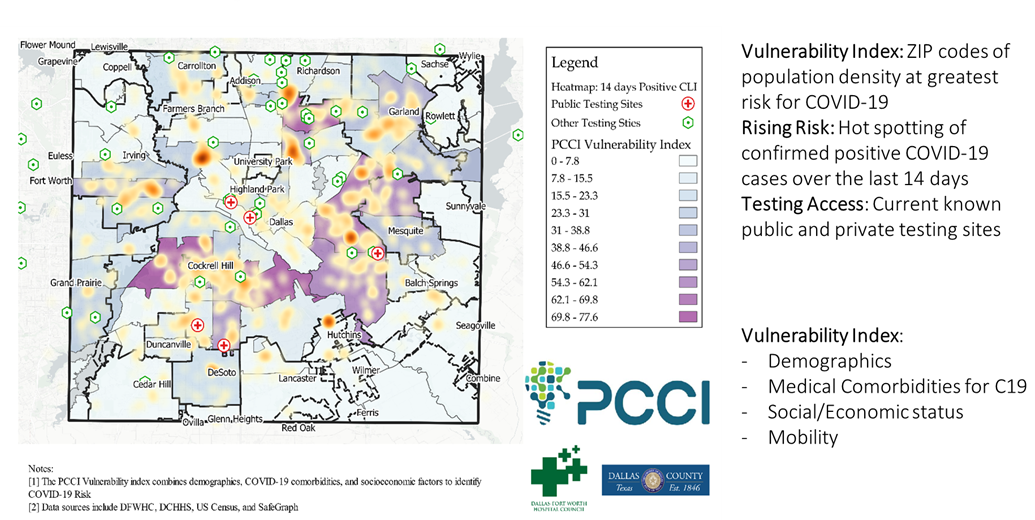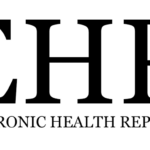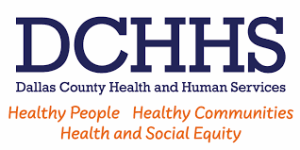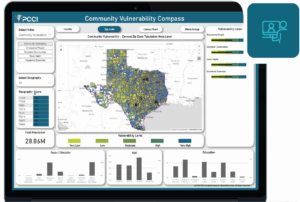
To better help inform the public and public health leaders in Dallas County, Parkland Center for Clinical innovation (PCCI) has updated its COVID-19 Vulnerability Index, adding dynamic factors such as recent mobility and positive COVID-19 test results.
Launched in June, PCCI’s Vulnerability Index determines communities at risk by examining comorbidity rates, including chronic illnesses such as hypertension, cancer, diabetes and heart disease; areas with high density of populations over the age of 65; and increased social deprivation such as lack of access to food, medicine, employment and transportation.
To further give a clearer view of the risk of COVID-19 holds for ZIP codes within Dallas County, the map now calibrates the infection risk on a 1-100 scale. With this scale and added dynamic factors, the map shows clearly where each ZIP code falls in terms of risk for infection for COVID-19. For example, the ZIP code with the highest Vulnerability Index score of 100, is 75211 around Cockrell Hill. One of the lowest ZIP codes, 75247, along I-35 just south of Love Field, has a Vulnerability Index score of .10.
“We continue to evolve the Vulnerability Index to help residents of Dallas County have the best understanding of how COVID-19 affects their neighborhoods,” Thomas Roderick, PhD, Senior Data and Applied Scientist at PCCI. “The Vulnerability Index map is an important element to help public health officials determine where to allocate testing and intervention resources, as well as underscore how important personal behavior, such as wearing mask and social distancing, are for individuals in high-risk areas.”
The PCCI COVID-19 Vulnerability Index can be found on its COVID-19 Hub for Dallas County at: https://covid-analytics-pccinnovation.hub.arcgis.com/.
Data Sources:
To build Vulnerability Index, PCCI relied on data from Parkland Health & Hospital System, Dallas County Health and Human Services Department, the Dallas-Fort Worth Hospital Council, U.S. Census and SafeGraph.






